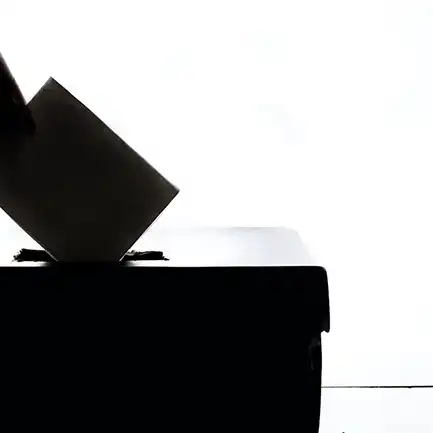Authors’ Note: Today’s voting systems have strengths and weaknesses. The new report “Voting Systems: How They Work, Vulnerabilities, and Mitigation” was created to explain how these systems work and to discuss vulnerabilities at key junctures that have been exploited by partisans seeking to sow chaos and doubt about the results.
It is the authors’ hope that readers—from voters, to trusted community leaders, to journalists, policy experts, and lawmakers—will better understand how elections are run and how votes are detected and counted and will bring an evidence-based mix of skepticism and realism to this foundational feature of American democracy.
Editor’s Note: The following is an excerpt from the report “Voting Systems: How They Work, Vulnerabilities, and Mitigation” by Duncan A. Buell and Steven Rosenfeld.
The world of running elections is little understood and widely politicized. Partisans who do not understand the stages of the voting and counting process have been quick to criticize elections as illegitimate when their candidates lose. These critics have made unfounded claims about the operations of voting systems and actions of election workers. Their accusations ignore many of the checks and balances that catch administrative mistakes and are intended to ensure accurate results.
Still, election systems, like any large electronic infrastructure composed of subsystems, are not without vulnerabilities that can impede their operation or be exploited by individuals seeking to tarnish the process. One of the biggest problems shadowing the national update of voting systems (following Russian meddling in the 2016 election) has been procedural lapses that caused incorrect vote count results to be released soon after Election Day. These errors were not quickly acknowledged but propelled much of 2020’s election disinformation.
More specifically, the lapses were failures by election officials and their contractors to verify that the information and data in their systems have been accurately programmed and synced. This involves configuring the ballot layouts, the scanners that analyze the ink marks on ballots and assign votes, and the tabulators compiling subtotals into vote counts. When this information has been incorrect or uncoordinated, the unofficial results released immediately after Election Day have wrongly assigned vote totals. In most of the cases we know of, the errors were caught and corrected before the winners were certified. But these errors have fueled great partisan rancor.
When programming errors occurred in 2020’s presidential election in Antrim County, Michigan, a rural expanse with fewer than 24,000 residents, Donald Trump’s supporters claimed the initial incorrect tally reflected an untrustworthy election across the state. These partisans launched an investigation that reveled in stolen election clichés and which revealed a lack of factual knowledge of how election systems work. But because most voters do not know how elections are run, these and other false claims have lingered. As of fall 2022, tens of millions of voters still believe that President Joe Biden was not legitimately elected.
Our new report explains how the vote-counting pathways in the latest generation of election systems works, their technical vulnerabilities, and some remedies. Its authors have spent years studying elections in complementary spheres. Duncan A. Buell is a lifelong computer scientist and more recently a county election official in South Carolina. Steven Rosenfeld is a national political reporter who has specialized in election administration and voting rights.
The authors believe the public is best served by understanding the interrelated mechanics behind voter registration, casting votes, detecting votes on ballots, and compiling results. Today’s voting systems are layered and complex, and like the people who run them, they are not error-free. Thus, it is important that mistakes, where they occur, are understood, contextualized, and not exploited.
Today’s voting systems can produce an extensive evidence trail of every operation that follows the voter and their ballot. Not all of the data sets accompanying these steps are public records in every state. But many crucial records often are. Additionally, many election officials are not always comfortable with sharing the powerful data they possess—data that could attest to results and pinpoint and rectify problems. However, this report describes and deconstructs election infrastructure as transparently as possible to steer disputes to reality-based factors and evidence.


